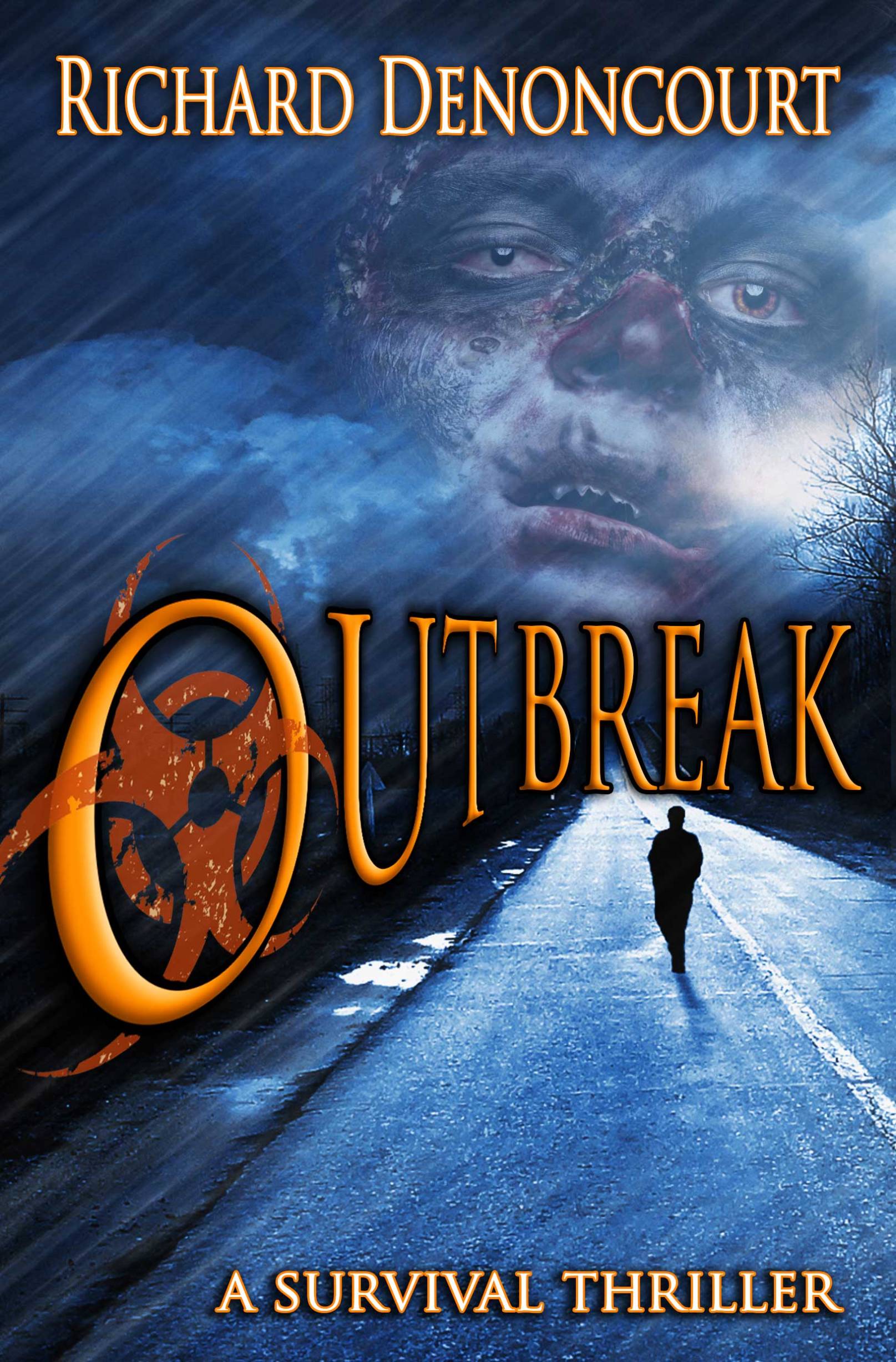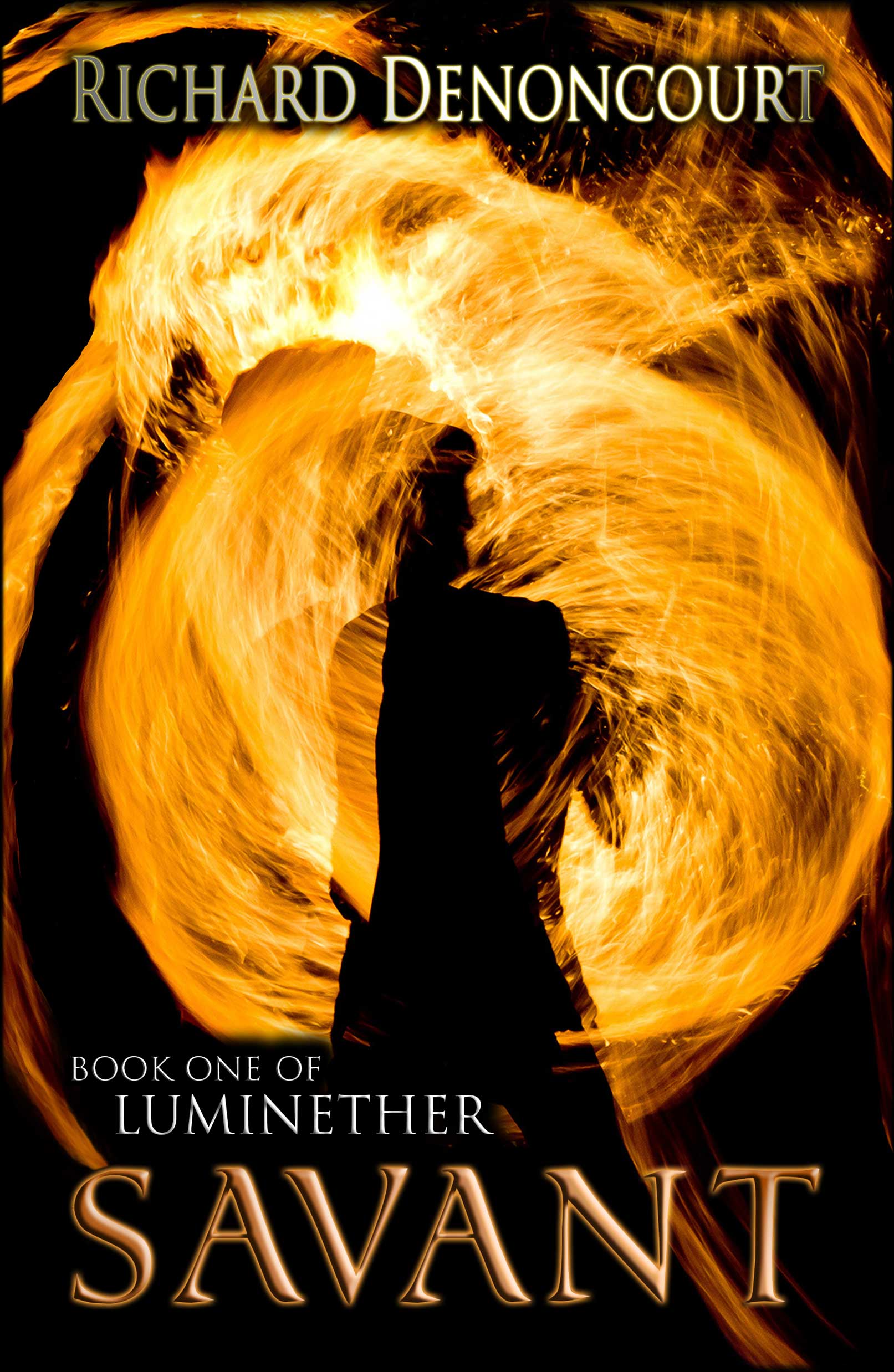The most successful published authors out there tend to stick to one genre.
If you look at people like James Patterson (thrillers), Dean Koontz (supernatural thrillers), Nicholas Sparks (romance), Stephen King (horror) and George R.R Martin (fantasy), you’ll see that the genre in which these writer become successful is the one that continues to define them, and as a result, they rarely stray from the conventions of that genre. There’s a reason for this.
Writing novels for mass consumption is in many ways like turning your business into a franchise. Walk into any McDonald’s or Starbucks and you’ll be treated to the same atmosphere, menu, and aesthetic scheme that you encountered the last time you entered one of these stores. Authors do something similar when they produce novels in the same genre; after a few books, readers know what to expect and they continue to buy the author’s books in hopes of experiencing the same thrill. A good “genre” author gives them that thrill again and again just as a good franchise offers the same quality of taste and experience customers have come to expect regardless of the store’s physical location.
Because they’re a pretty safe bet for readers, genre authors sell thousands, if not millions, more copies of their books than “literary” novelists who choose to structure each novel according to a different theme or method. When a literary writer chooses to structure her latest novel around the exploration of narcissism in daily suburban life, most people won’t know what to expect story-wise and therefore won’t always take the risk or pay the money to find out. But literary authors also enjoy a special level of prestige and acclaim that can make their path worthwhile, regardless of the hit they take financially.
Ultimately, successful authors–whether their success is financial or critical–tend to stick to the field/genre they’ve chosen. And that’s usually a good thing. It lets them grow better over time and lets you, the reader, feel comfortable buying anything they write as long as you’ve already enjoyed their work in the past.
But regardless of whether you write literary or genre fiction, there’s one mistake all authors should avoid: it’s the mistake of only reading books in your genre.
If you’re a literary writer and you read only James Joyce and T.C. Boyle and maybe a dozen other writers few people outside of an MFA or PhD program have ever read, then you’re missing out on the techniques and styles used by popular authors to connect to millions of people all over the world.
If you’re a genre novelist and you read only Stephen King, J.K Rowling, James Patterson, and John Grisham, then you’re missing out on a slew of highly skilled innovators out there that are finding new ways to represent and reflect upon life, the nature of reality, and what it means to be a human being.
This applies within a narrower scope as well: if you write techno-thrillers and leave out romantic mainstream, you might excel at crafting action scenes full of tension and last-minute escapes but find your experience lacking when it comes to developing the relationship between the hero and heroine. If you read only science fiction but leave out mystery and suspense, you might find yourself creating awesome alien worlds without the necessary suspense to keep the reader flipping pages. And don’t forget to read young-adult fiction or you might lose touch with the imaginative kinds of stories that appeal to young people and therefore to the child within us all.
Go ahead and try something new. Pick up a romance novel even if you’re a man, see what it is that gets female readers all fired up. I’m reading The Notebook by Nicholas Sparks (go ahead, laugh) and so far I’m enjoying it. If you’re a female writer who’s never read military sci-fi, pick up The Forever War by Joe Haldeman or Old Man’s War by John Scalzi. Both of these novels examine the nature of the human soul and the hopelessness of war within a futuristic setting. Both are excellent reads.
Take a chance. Try something new. It’ll help in strengthening certain elements in your writing that may be lacking. The greatest novels out there are expertly crafted blends of elements found across all of literature. The best writers are those who have mastered the use of romance, action, tragedy, futurism, comedy, philosophy, innovation, imagination and voice, and the only way to get a better grasp of these elements for use in your own writing is to pick up books from every section at the bookstore instead of just one or two.
Here’s a brief reading list across many of the different genres out there (leaving out classics like 1984 and The Great Gatsby since everybody already read them in high school) to get you started:
*ALL LINKS ARE TO AMAZON.COM BOOK PAGES
Literary: The Brief, Wondrous Life of Oscar Wao by Junot Diaz; Middlesex by Jeffrey Eugenides; The Corrections by Jonathan Franzen; The Bluest Eye by Toni Morrison
Science Fiction: Oryx and Crake by Margaret Atwood; The Forever War by Joe Haldeman; Dune by Frank Herbert; Neuromancer by William Gibson
Horror/Weird: Anything by H.P. Lovecraft; I am Legend by Richard Matheson; Perdido Street Station by China Mieville
Romance: The Notebook by Nicholas Sparks, The Fountainhead by Ayn Rand
Psychological Thriller: The Silence of the Lambs by Thomas Harris; The Girl With the Dragon Tattoo by Stieg Larsson; Shutter Island by Dennis Lehane
Detective: The Big Sleep by Raymond Chandler; The Maltese Falcon by Dashiell Hammett; Gone, Baby, Gone by Dennis Lehane
Mystery/Suspense: The Spy Who Came in From the Cold by John le Carre; The Horned Man by James Lasdun
Fantasy: The Harry Potter series by J.K. Rowling; The Magician series by Raymond E. Feist; The Game of Thrones series by George R.R. Martin
Dystopian/Post-Apocalytpic: The Road by Cormac McCarthy; The Gunslinger series by Stephen King; The Hunger Games by Suzanne Collins
Young Adult Dystopian: The Girl Who Owned a City by O.T. Nelson; The City of Ember by Jeanne DuPrau
Enjoy!
Rich






sparklingtechie
/ January 13, 2013Thank you for this tip. I look forward to reading more from you.